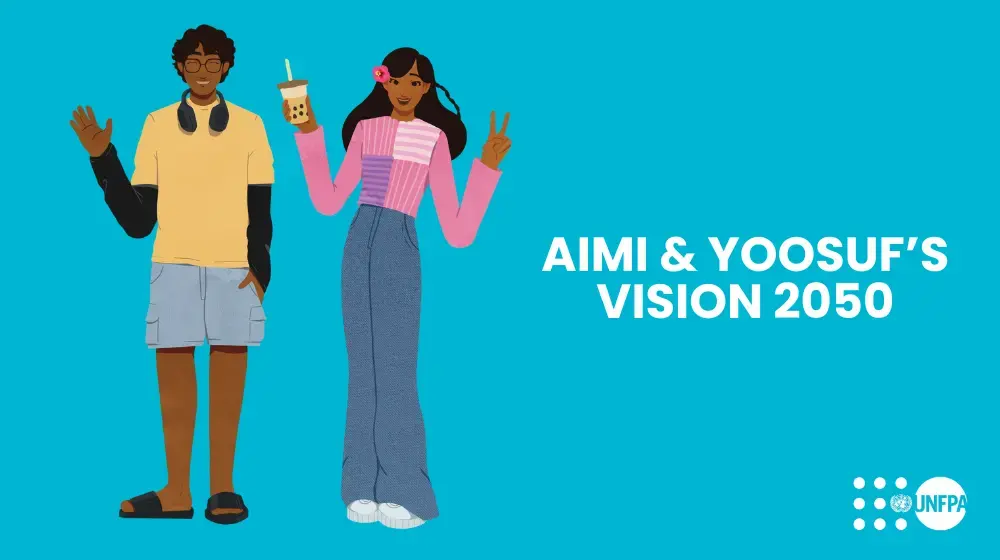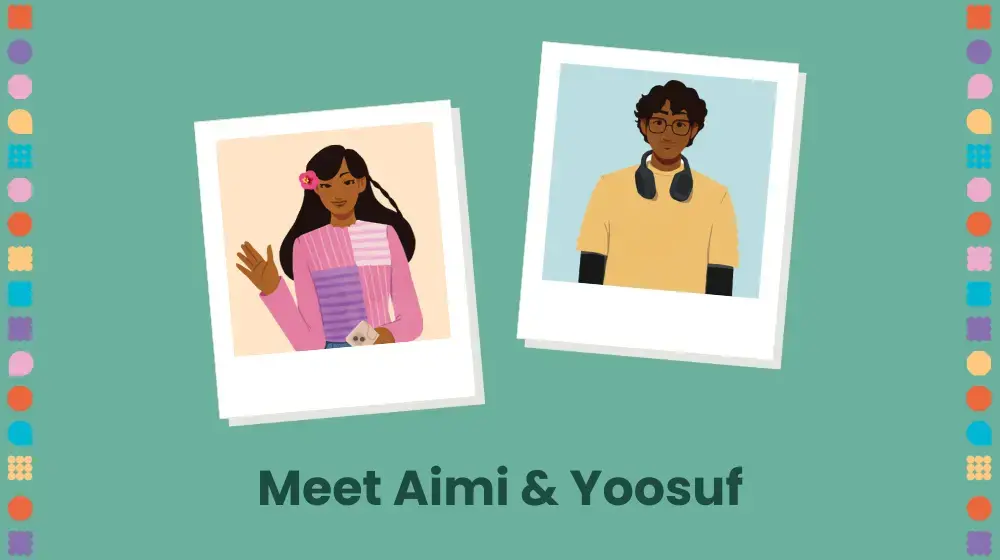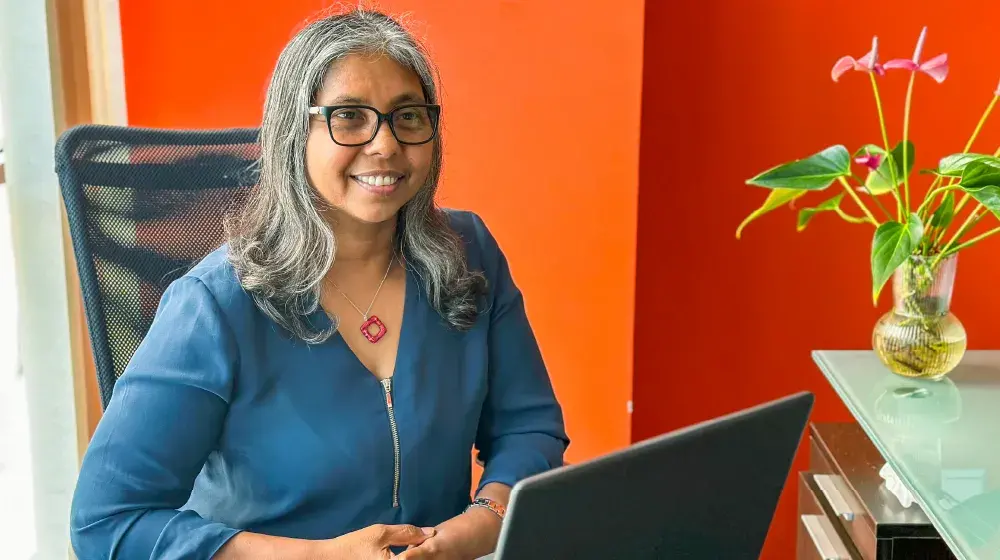Young people from across the Maldives are joining hands to tackle the growing environmental crisis faced by the Indian Ocean nation.
Rising sea levels and climate change fuelled storms threaten the archipelago, which at an average of just 1.5 metres above sea level, is one of the lowest lying countries on earth.
Widely viewed as a pristine holiday paradise, the 400,000 strong country expects to receive five million tourists in the near future, adding yet more pressure to the fragile environment.
“The Maldives needs a game changing solution to tackle the ever increasing levels of consumption,says Fizan, a youth environmental activist at a UNFPA and Dhi Youth Movement event in the capital Malé, on how young people can boost sustainable living.
“Everything, including the fuel that generates the power needed for the food we eat, is generally imported,” he adds.
At just 35,000 square miles, the Maldives is Asia’s smallest nation, and almost entirely dependent on imports of food, fuel and goods to survive. According to the Maldives Ministry of Environment 18% of GDP goes to fuel imports. Over 70% of people living in Malé drink bottled water and almost 90% bathe in desalinated water
“Taking my own container when I get takeaway from cafes, or even asking them to not put straws in drinks, are some of the things that I do”, says Zim, a youth participant from Malé.
“We need to make wasteful consumption un-cool,” adds Refty (20). “Over consumption can’t be seen as stylish, it’s wasteful. We need to make sure people have good habits, like taking their own shopping bags, or thinking of the environment when they buy new phones and throw away their old ones.”\
Team building exercises kick off the youth event on sustainable consumption in Malé.
The Maldives’ National Centre for Information Technology Statistics states that for every one person the there are two mobile phones in the country. For youth activists like Aishath Imthaau (19) the proliferation of phones and social media offers a huge opportunity.
“For the young generation, the mobile phone is the solution to reach people scattered around the archipelago”, says Imthaau, who encouraged participants at youth sustainability event and young people across the Maldives to share their visions and ideas on a sustainable future via popular mobile app Snapchat.
Social media output from the event reached over 10,000 people through Facebook and many others through live video app Periscope and Snapchat.
“All this is about giving a youth a voice, empowering them to secure a sustainable future for the Maldives and to stand up for their rights as citizens and human beings,” says Shadiya Ibrahim, UNFPA’s Assistant Representative in the Maldives.
“Empowering youth with the knowledge, tools and confidence to take smart decisions in their personal lives - and take action on the issues that matter most to them - is vital to ensure a healthy, happy and sustainable future.”
Youth activist Aishath Imthaau says that helping plan and participate in the youth event has given her new ideas and insights into how youth can drive change in her country.
“It is our responsibility to make the world worthwhile for the future generations, to talk, act and bring change. I learnt that we can only work for change at a broad level by starting the process of change within ourselves.”




